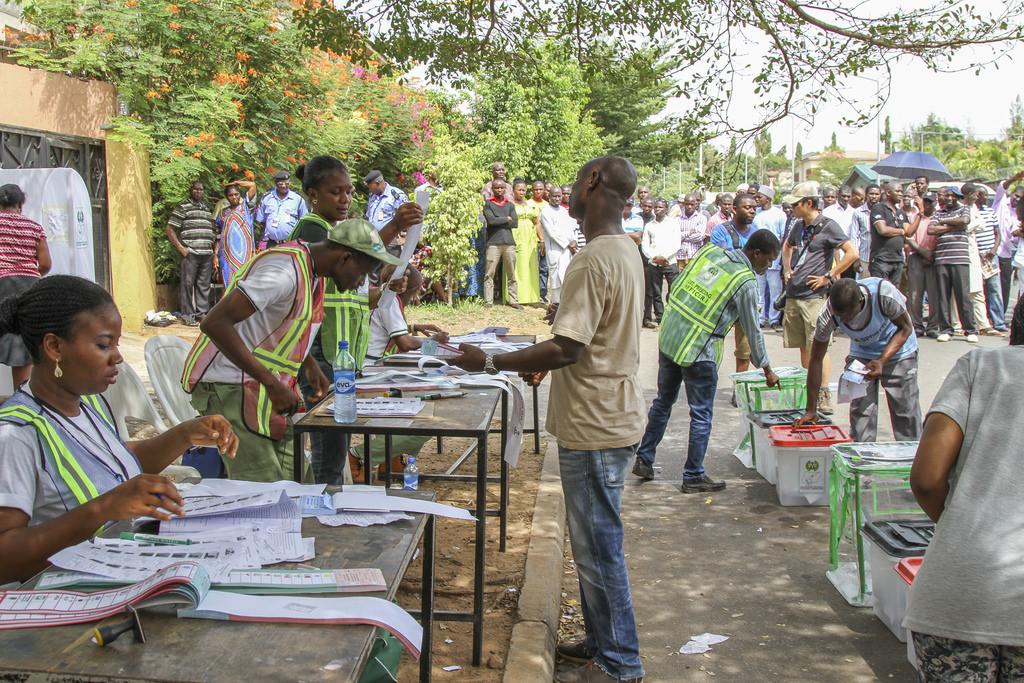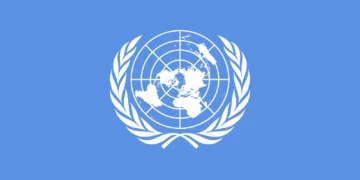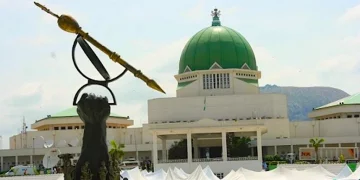The Edo and Ondo off-cycle elections point to the unfortunate fact that the crisis of vote buying and selling keeps getting worse at every election. Despite the outcry of civil society and other observers, this societal malaise festers.
The media and civil society organisations that monitored both elections unanimously condemned the rampant buying and selling of votes, which ranged from as low as N5000 to as high as N30,000 per vote.
Sadly, the two major parties in both elections were accused of being involved in this worrisome act. So, by and large, it was a case of the higher bidder taking the day.
Campaigns against such behaviour have been persistent. There was respite when technology was introduced in the electoral system to contain the growing challenge of electoral malpractice. Many watchers heaved a sigh of relief when the prospects of ballot box snatching and other forms of rigging were deemed to have ended. But that was short-lived as vote buying took over and has since become the new electoral malaise. And ever since, it has become worse, gradually assuming a major part of political parties’ plans going into elections.
But beyond the despicable act is the consequence. It is already a given that after such huge sums are spent, the first act upon assumption of office is to pay back such funds. The frenzy to recoup places the concept of good governance far away from the picture.
And this, in our opinion, is what the advocacy and enlightenment have been trying to achieve with regard to the vote seller – the electorate connection. It’s sad that the average voter, urban or rural, appears to be resigned to selling their vote willingly. While some do so on the assumption that it is normal, others outrightly see it as an opportunity to cash out, regardless of how little. After all, it’s their share of the national cake, those who are wont to think this way would argue.
For others, they would argue that the level of poverty in society makes it hard to resist such inducements. This, of course, is a sad reality. But the price of good governance is sacrifice; voters should be ready to ensure the right persons who would make reasonable policies for good governance, ultimately addressing the poverty malaise.
We know competitive elections are not cheap, especially in democratic politics. But we don’t condone inducements of voters beyond the selling of ideas as is done in civilised parts of the world.
So far, nothing seems to indicate that our political actors are ready to change the sad narrative on vote buying and selling. If the last two elections were anything to go by, they would likely have learnt to start amassing funds to engage in this malaise.
The argument for reducing the cost of governance and pecks of office has never been more valid. Evidently, politicians have shown that what’s primary to them is not service but to get a huge chunk of the national cake. It, therefore, provides that vote buying is a small price to pay because there is little or no deterrent.
As such, anti-graft agencies should be more proactive in tackling this crisis. The political actors who engage in this act appear smarter than the anti-graft agencies, which raises the dilemma about whether the challenge is with the quality of training and expertise of personnel or the lack of will to act.
Buying votes on a large scale involves a huge movement of funds. One would expect the agency to have a robust tracking system that trails such suspicious transactions. For agencies whose primary responsibility is tackling financial crimes, perhaps this is a key area
The argument could be made that if the agency didn’t exist, perhaps the situation would be worse. However, if the last two elections are anything to go by, the situation seems to have worsened. And if the state of affairs continues the way it is, it can only go one way.
The agency has been designed to be nothing more than an attack institution of the party in power. Perhaps, as those who make this claim have argued, it might be high time the leadership of such organisations were weaned off the control of the executive arm. Although this might not ultimately solve the problem, they believe it would go a long way in addressing the challenge of political will in proactively tackling financial crimes like vote buying without reservations.
While we commend the anti-graft agencies for apprehending vote buyers at polling units during previous elections, we urge them to go further by apprehending and prosecuting the main political actors who provide the funds for the illicit act. Those are the real electoral criminals.





